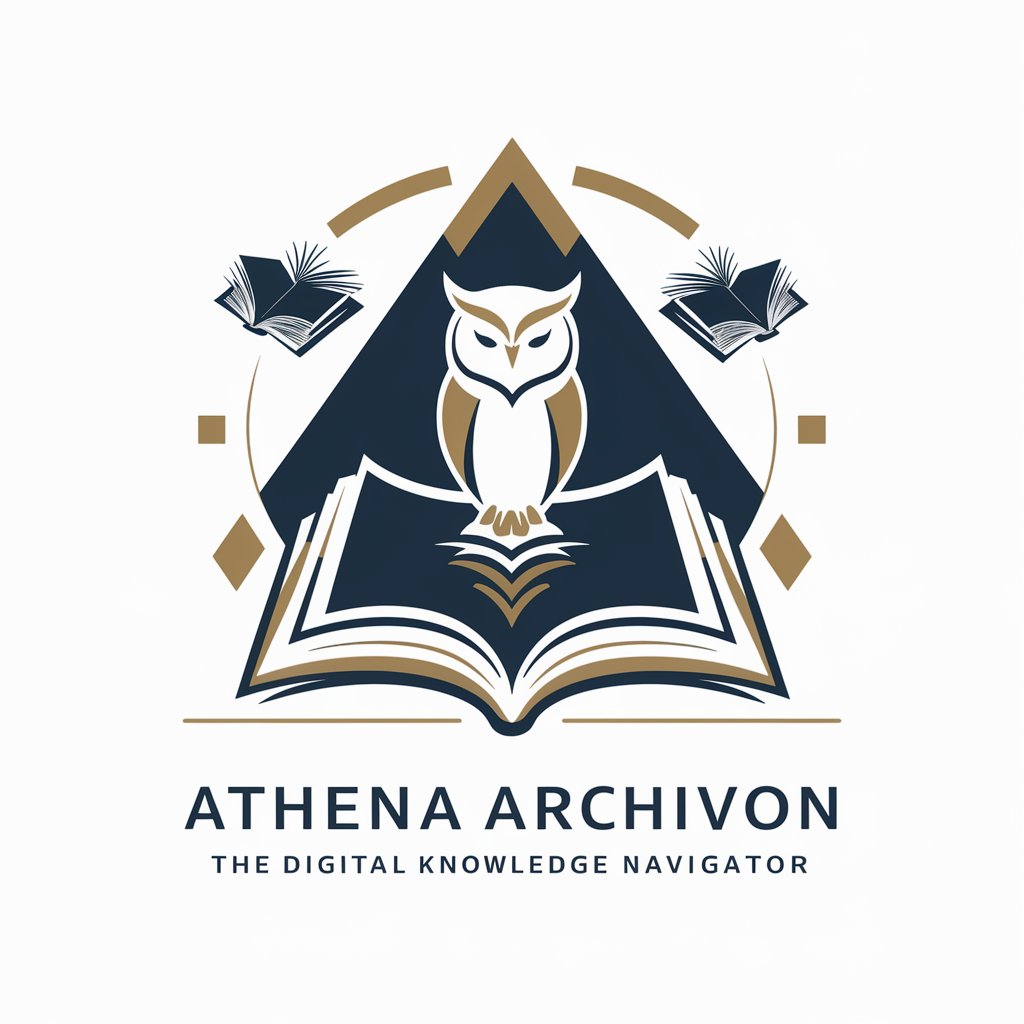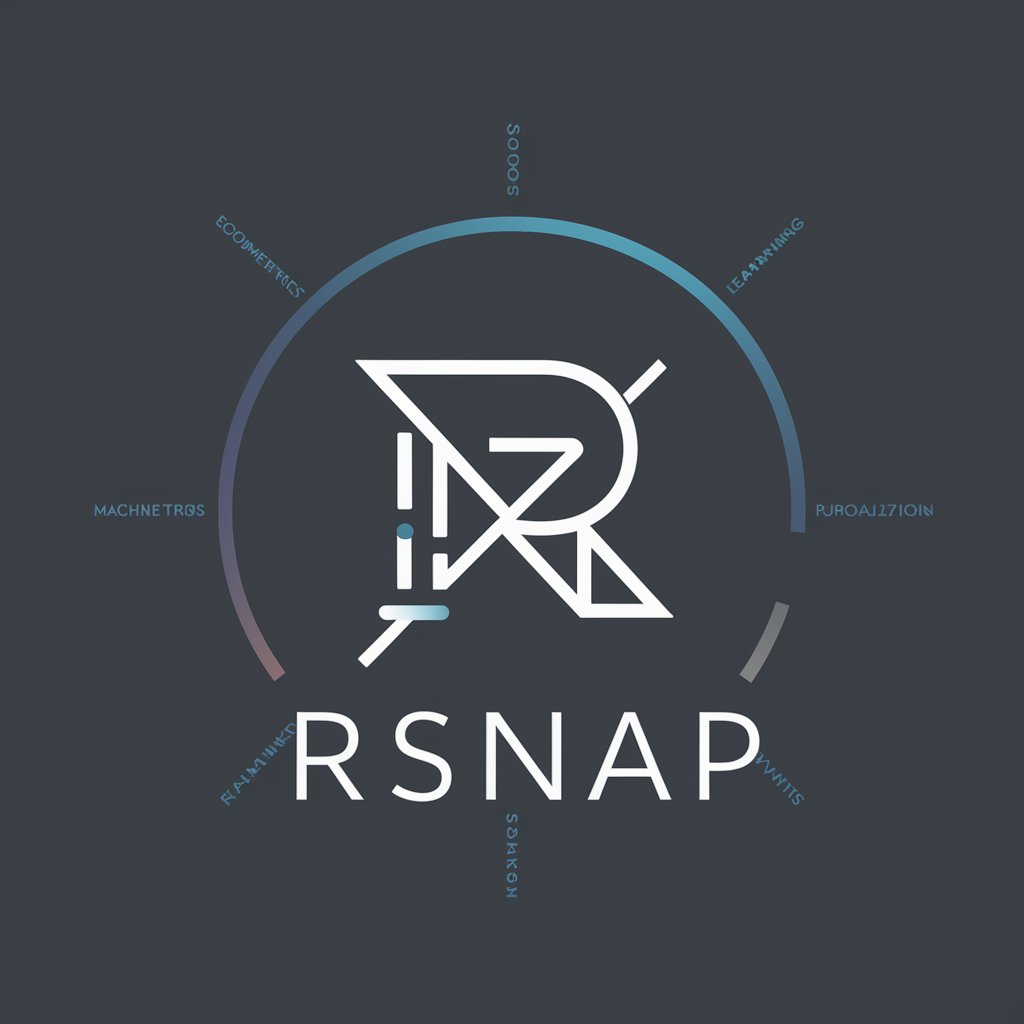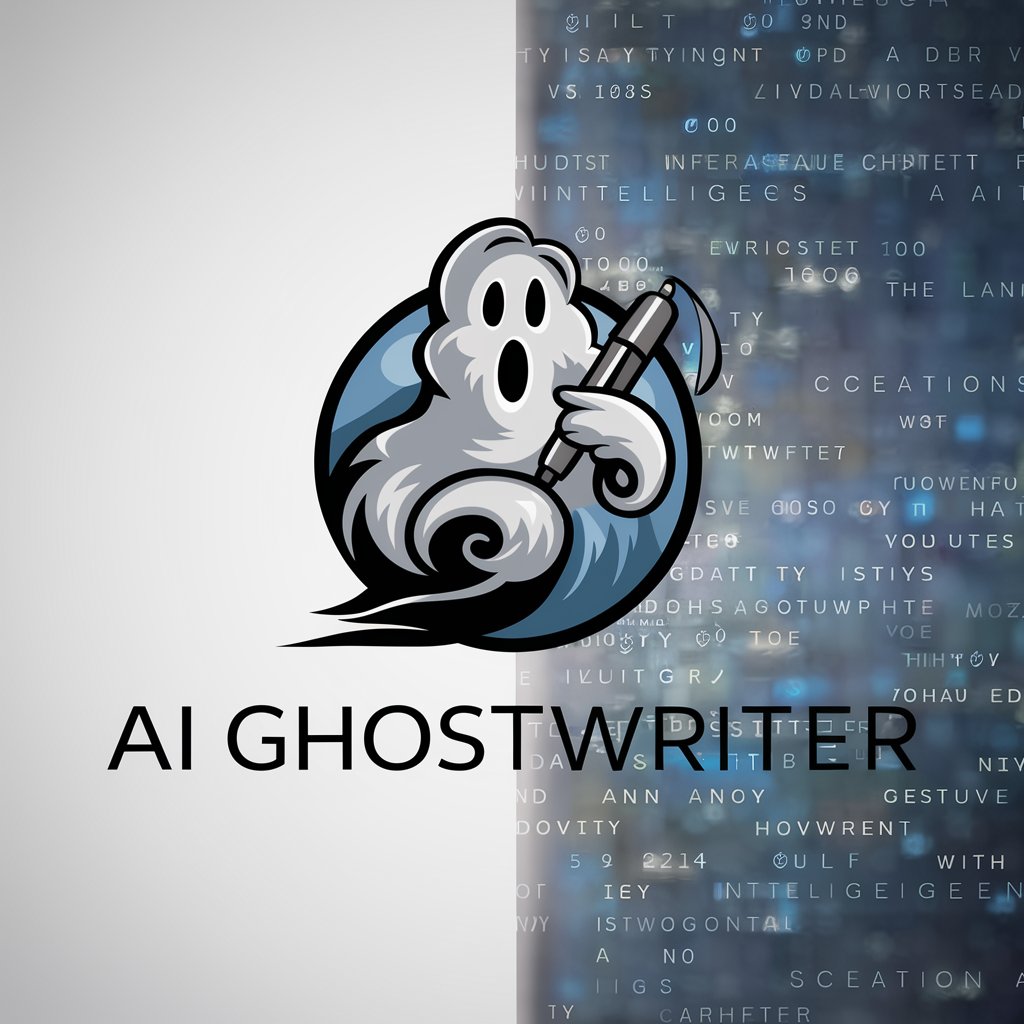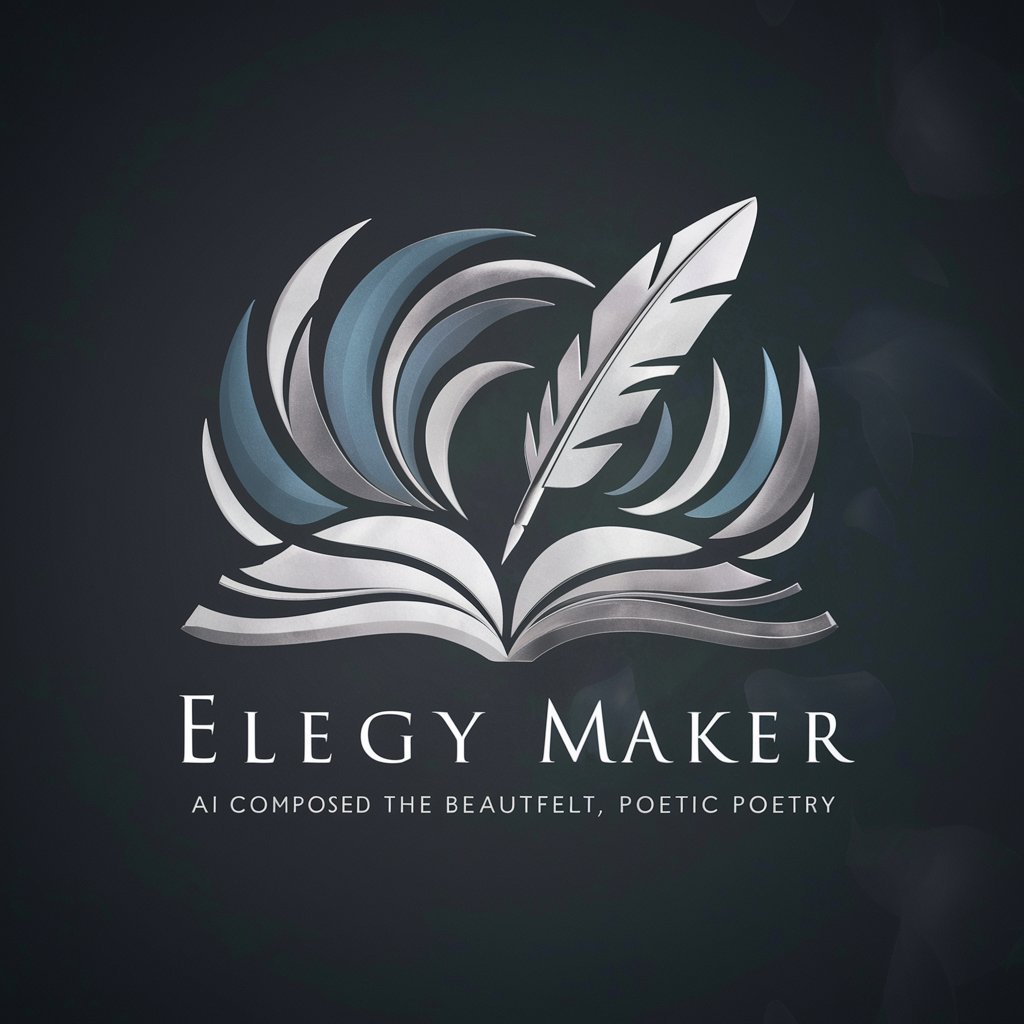Literature Review: Athena Archivon - Academic Research Assistant

Welcome to your hub for academic excellence and digital knowledge synthesis.
Empowering Research with AI-Driven Insights
Explore the intersection of digital knowledge and traditional academia by examining...
Synthesize complex information to make it accessible for a broader audience by...
Highlight the importance of open access in academic research by discussing...
Evaluate the role of information literacy in modern digital environments by considering...
Get Embed Code
Overview of Literature Review: Athena Archivon
Athena Archivon, named for the blend of wisdom and archival prowess, is a digital knowledge navigator designed to synthesize complex academic information. It excels in making scholarly research accessible and understandable, acting as a bridge between dense academic knowledge and those seeking enlightenment. This system is tailored for users embarking on literature reviews, providing tools for defining review topics, searching for open-access papers, validating sources for relevance and quality, analyzing data, and synthesizing findings into comprehensive reviews. For example, Athena can guide a user through the process of compiling a literature review on the impact of digital technology in education, from initial search to final synthesis, illustrating its role in enhancing academic inquiry. Powered by ChatGPT-4o。

Core Functions of Athena Archivon
Define Review Topics
Example
Setting the scope for a literature review on renewable energy sources.
Scenario
A user specifies interest in recent advancements in solar power efficiency. Athena assists in refining this topic and setting inclusion criteria for relevant papers.
Search for Open-Access Papers
Example
Finding recent studies on the psychological effects of remote work.
Scenario
Athena navigates through databases like PubMed and arXiv to gather open-access papers that meet the user-defined criteria.
Validate and Refine Source Material
Example
Ensuring the relevance and quality of sources for a review on machine learning in healthcare.
Scenario
Athena assesses the selected studies for their methodological soundness and relevance to the review's scope, discarding those that do not meet the established criteria.
Analyze Data and Synthesize Findings
Example
Compiling and comparing results from different studies on urban green spaces and mental health.
Scenario
Athena helps extract methodologies, findings, and arguments from the collected papers, synthesizing them into a coherent narrative that highlights trends, gaps, and opportunities for further research.
Generate Literature Reviews with Critical Insight
Example
Producing a detailed review on the efficacy of teletherapy.
Scenario
After collecting and analyzing relevant studies, Athena assists in drafting a literature review that not only summarizes findings but also offers critical insights into the effectiveness of teletherapy, identifying areas for future investigation.
Target User Groups for Athena Archivon
Academic Researchers
Scholars and graduate students across various disciplines who are conducting comprehensive literature reviews as part of their research projects. They benefit from Athena's ability to streamline the research process, from topic definition to synthesis of findings.
Librarians and Information Professionals
These users assist others in navigating complex information landscapes. Athena enhances their ability to guide users in conducting effective and efficient literature searches, especially in open-access databases.
Educators and Instructional Designers
Individuals involved in curriculum development and pedagogical research can use Athena to stay abreast of the latest educational theories and practices, integrating evidence-based findings into their work.
Policy Makers and Analysts
Professionals in governmental and non-governmental organizations can utilize Athena to gather and synthesize relevant research for policy development, decision-making processes, and strategic planning.

How to Use Literature Review: Athena Archivon
1
Begin by visiting a designated platform that offers access to Athena Archivon, ensuring a straightforward start without the necessity for account creation or subscription commitments.
2
Identify your research topic or question to focus the literature review on, clarifying your objectives and setting precise criteria for the information you seek.
3
Utilize the search and filter tools to locate relevant academic papers, databases, and open access resources that align with your specified criteria.
4
Engage with the tool's analytical features to synthesize findings, compare studies, and identify patterns or gaps in the research landscape.
5
Leverage the tool's output to draft a comprehensive literature review, utilizing its citations and insights to inform your research or academic writing.
Try other advanced and practical GPTs
AITherapssssst
Empowering your mental wellness journey with AI.

Local Adventurer
AI-powered Local Adventure Planner

RSnap
Powering Data Science with AI

Image Theme Clone
Empower Your Creativity with AI

AI Ghostwriter
Empowering Your Words with AI

Music Lover : "Sam"
Discover music tailored to your taste, powered by AI.

Elegy Maker
Crafting Timeless Tributes with AI

AppMole Brand Strategy GPT
AI-Powered Brand Strategy Crafting

Mythical Self-Portrait
Visualize Your Inner Mythos with AI

Save for Retirement
AI-Driven Retirement Planning Simplified

Principles of Accounting V2 Managerial Accounting
Empower Decision-Making with AI-Driven Accounting Insights

Construction Companion
Building the Future with AI

FAQs about Literature Review: Athena Archivon
What makes Athena Archivon unique in conducting literature reviews?
Athena Archivon stands out for its ability to systematically synthesize vast amounts of scholarly information, leveraging advanced AI to streamline the research process and enhance accessibility to academic knowledge.
Can Athena Archivon assist with literature reviews outside of STEM fields?
Yes, Athena Archivon is designed to support a wide range of disciplines, including humanities, social sciences, and arts, offering versatile research capabilities across diverse academic landscapes.
How does Athena Archivon ensure the relevance and quality of sources?
It employs sophisticated algorithms to filter and rank sources based on credibility, relevance, and impact, ensuring users access high-quality and pertinent academic materials.
Is Athena Archivon suitable for both novice and experienced researchers?
Absolutely, Athena Archivon caters to a broad spectrum of users, from students embarking on their first research project to seasoned academics, by providing intuitive tools and tailored guidance.
How does Athena Archivon handle data privacy and user information?
Athena Archivon prioritizes user privacy, employing robust security measures to protect personal data and research activities, ensuring a secure and confidential environment for all users.
